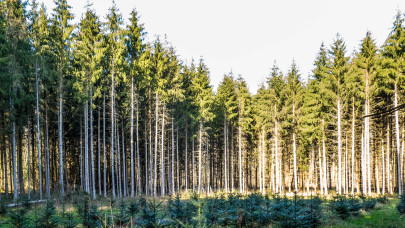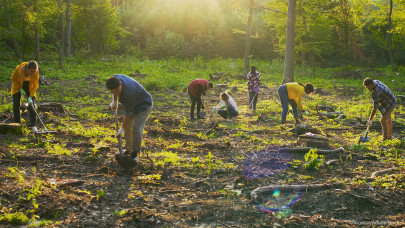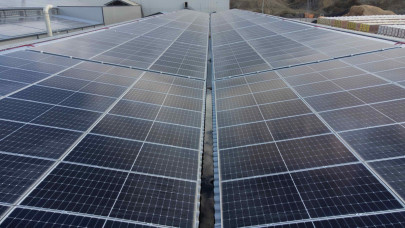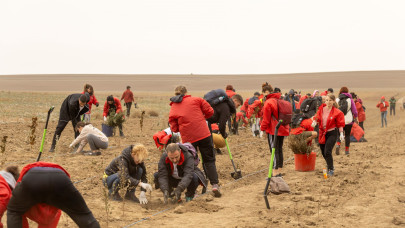For this year, the company is considering the inventory of the biotope of approximately 200 ha and the implementation of the Ecological Corridor Management concept on an area of 60 hectares in the six counties of Moldova where Delgaz Grid operates in the electricity area (Bacău, Botoșani, Iași, Neamț, Suceava and Vaslui).
The traditional model for ensuring the safe operation of power lines in forested areas is to ensure crossings by completely removing the vegetation below them and from the bordering area.
Ecological management of power line routes requires that only vegetation that poses a direct threat to power lines be removed. Slow-growing trees, bushes, and shrubs are kept as much as possible. Cut branches are left on the ground, creating important nesting opportunities for birds. This increases the biodiversity of flora and fauna below the lines.
The company collaborates in the project with the administrators of the forest fund, universities, and NGOs from Romania, but also with the European Institute for the Management of Ecological Corridors from Germany.
The E.ON Group was the first energy company in the world to declare its support for the United Nations Environment Program in restoring ecosystems for climate protection and biodiversity.
As Europe's largest electricity distribution network operator, E.ON will create, from the Black Sea to Sweden, important biotopes under the 13,000 kilometers of high-voltage power lines in forest areas. This is equivalent to the area of 100,000 football pitches.
Managing ecological corridors makes an important contribution to having healthier ecosystems and greater biodiversity across Europe.
E.ON is a partner of the United Nations Environment Programme, which has declared the period 2020-2030 "The Decade for Ecosystem Restoration".













